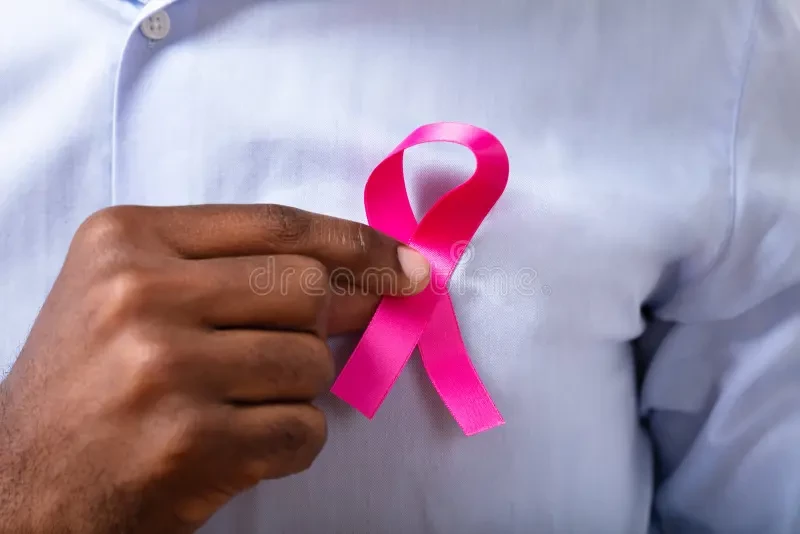
As a public health practitioner, I am compelled to express my deep concern about the increasing prevalence and incidence of cancer in Zimbabwe.
Cancer has become a serious public health issue, claiming countless lives, particularly among the young and vulnerable populations.
According to the World Health Organisation (WHO), cancer is a leading cause of death worldwide, with approximately 10 million deaths in 2020.
This means that the mortality and morbidity rates are escalating at an alarming rate, and it is imperative that we take immediate action to investigate the causes of this disease.
While it is well-established that cancer is caused by a combination of genetic, environmental, and lifestyle factors, I strongly believe that there are confounding factors at play that need to be investigated.
The rapid increase in cancer cases in Zimbabwe suggests that there may be underlying factors that are not yet fully understood.
As such, it is crucial that we conduct thorough investigations to identify these factors and develop effective strategies to mitigate their impact.
One area that warrants closer examination is the role of diet and lifestyle in the development of cancer.
- Mavhunga puts DeMbare into Chibuku quarterfinals
- Bulls to charge into Zimbabwe gold stocks
- Ndiraya concerned as goals dry up
- Letters: How solar power is transforming African farms
Keep Reading
Our ancestors and grandparents used to eat traditional foods, and the prevalence and incidence of cancer were rare compared to the 21st century.
The widespread adoption of Western diets, including genetically modified organisms (GMOs), may be contributing to the increasing cancer burden.
It is essential that we investigate the impact of GMOs on human health and take measures to regulate their use.
Zimbabwe has a wealth of health experts who are capable of conducting thorough investigations into the causes of cancer.
It is high time that we pool our resources and expertise to understand the confounding factors that are driving this disease.
We need to investigate the relationship between cancer and various health determinants, including lifestyle, education, employment, and environmental factors.
Early detection is critical in the treatment of cancer. When cancer is identified at an early stage, it can be treated, and the chances of survival are significantly improved.
However, when cancer is diagnosed at an advanced stage, treatment becomes challenging, and the prognosis is often poor.
Therefore, it is essential that individuals take proactive steps to monitor their health and seek medical attention if they experience any symptoms.
As public health practitioners, we have a critical role to play in educating the public about cancer prevention and control.
We need to inform the nation about the risks associated with cancer and the importance of early detection.
We must also work with policymakers to develop and implement effective strategies to reduce the cancer burden in Zimbabwe.
Cancer is a complex disease that can be caused by a variety of factors, including:
Genetic mutations: Changes in the DNA sequence of genes that can lead to cancer.
Environmental factors: Exposure to carcinogens, such as tobacco smoke, asbestos, and radiation, can increase the risk of cancer.
Lifestyle factors: Poor diet, lack of physical activity, and obesity can contribute to the development of cancer.
Infections: Certain infections, such as human papillomavirus (HPV) and hepatitis B, can increase the risk of cancer.
Genetically modified organisms (GMOs): Of course, the impact of GMOs on human health is not yet fully understood, and further research is needed to determine their safety.
Health education is critical in the prevention and control of cancer. Individuals need to be informed about the risks associated with cancer and the importance of early detection. We must also promote healthy lifestyles and provide support for those affected by cancer.
In conclusion, the rising prevalence and incidence of cancer in Zimbabwe are a cause for concern.
We need to take immediate action to investigate the causes of this disease and develop effective strategies to mitigate its impact.
As public health practitioners, we have a critical role to play in educating the public and promoting healthy lifestyles.
The fight against cancer requires a collective effort.
By working together, we can reduce the incidence and impact of this disease and improve the health and well-being of our nation.
I urge all stakeholders to take action and prioritise public health in the face of this growing pandemic. Let us work together to reduce the cancer burden in Zimbabwe and promote a healthier nation.
Recommendations
- Thorough investigations should be conducted into the causes of cancer in Zimbabwe, including the potential role of GMOs and environmental pollutants.
- Public awareness and education should be promoted about cancer risk factors and prevention strategies.
- Access to cancer screening and early detection services should be increased.
- Research and development of effective cancer treatments should be supported.
- Consumption of balanced diet and healthy lifestyle habits should be encouraged.
*Clever Marisa (PhD) is a public health practitioner. The views expressed in this article are those of the author and do not necessarily reflect the views of his affiliated institution or any other organisation.










